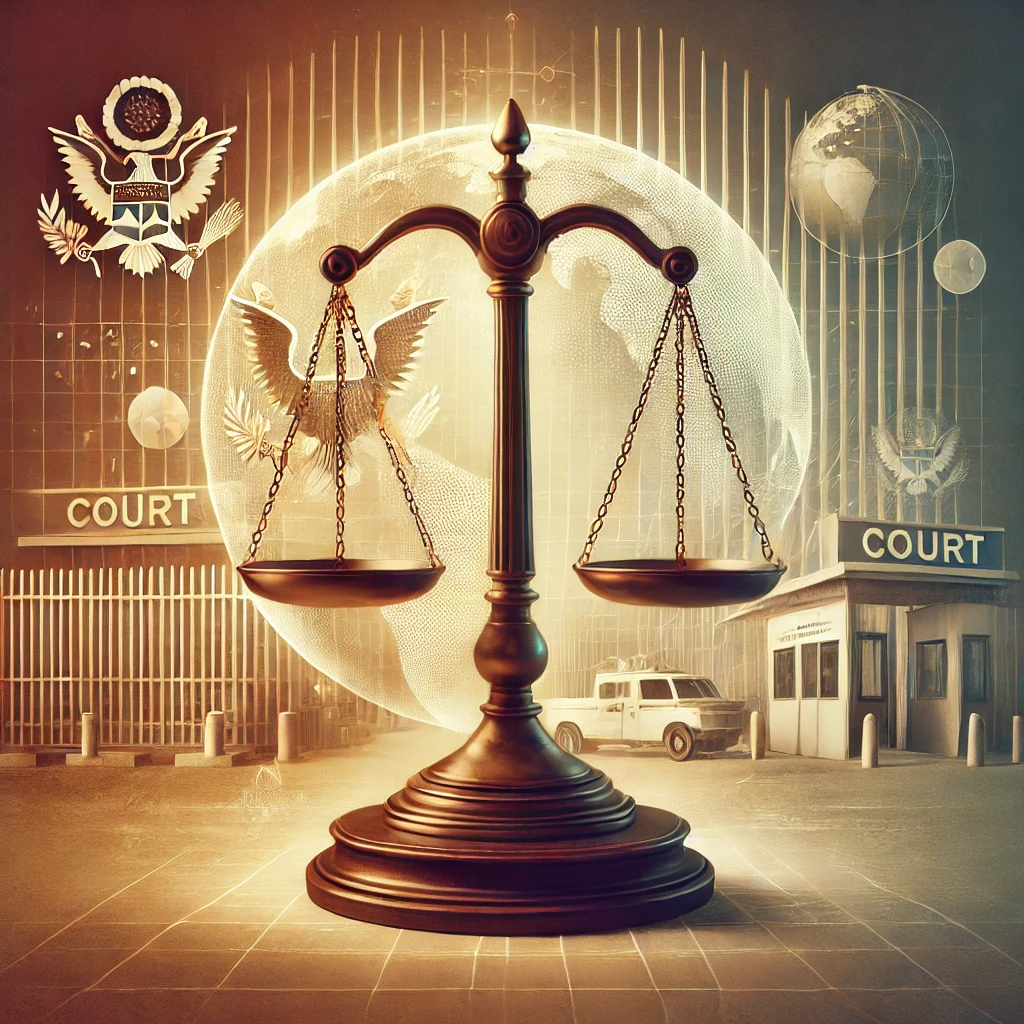
Fairness in Immigration Hearings: The Role of the Administrative Procedure Act
Case: Wong Yang Sung v. McGrath, 339 U.S. 33 (1950)
Summary of the Case
Fairness in Immigration Hearings: The Role of the Administrative Procedure Act Substance
The case examines whether deportation hearings for non-citizens must adhere to the Administrative Procedure Act (APA), a law designed to ensure fairness and impartiality in administrative proceedings. The Supreme Court ruled that such hearings must comply with the APA’s procedural safeguards to guarantee due process and prevent bias in deportation decisions.
Outcome:
The Supreme Court reversed the decisions of the lower courts, concluding that the procedures used in the deportation hearing of Wong Yang Sung violated the APA. The Court held that commingling investigative and adjudicative roles in one officer undermined impartiality and fairness, contravening the purpose of the APA. As a result, deportation hearings must conform to the APA’s requirements unless explicitly exempted by statute.
Facts of the Case
Wong Yang Sung, a Chinese national, was charged with overstaying his permitted time in the U.S. as part of a ship’s crew. His deportation hearing was conducted by an immigration inspector who acted as both prosecutor and judge. This combined role raised questions about fairness. Wong Yang Sung argued that the hearing violated the APA, a law ensuring impartial administrative procedures. The government admitted the hearing did not follow the APA but argued the law did not apply to deportation cases.
Court’s Analysis
The Supreme Court explored the APA’s purpose, which includes safeguarding fairness by separating prosecutorial and judicial roles in administrative hearings. It emphasized that combining these roles risks bias and undermines public confidence in the process.
The Court noted that deportation hearings involve fundamental issues of liberty and potentially life-threatening consequences. Given their serious nature, these hearings must meet high standards of fairness.
The government claimed that deportation hearings were exempt because the Immigration Act did not explicitly require adherence to the APA. The Court disagreed, ruling that constitutional due process and longstanding precedent require hearings to be conducted fairly. Additionally, the Court dismissed concerns about administrative inconvenience and cost, emphasizing Congress’s intent to prioritize fairness over efficiency.
Conclusion and Outcome
The Court held that deportation hearings must follow the APA unless Congress explicitly exempts them. This decision ensured that non-citizens in deportation proceedings would receive fair and impartial hearings in compliance with the APA. It reaffirmed the importance of procedural safeguards in cases affecting fundamental rights and liberties.
Let’s Get Started
Your legal challenges deserve personalized attention and innovative solutions. Contact Oware Justice Advocates PC today for a consultation and take the first step toward resolution and peace of mind.
355 South Teller Street, Suite 204,
Lakewood, CO 80226
(Visits to the office are strictly by appointment only)
303-514-6589

